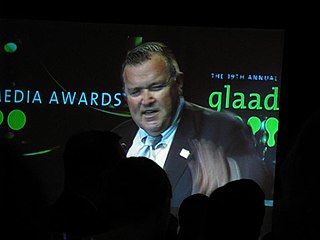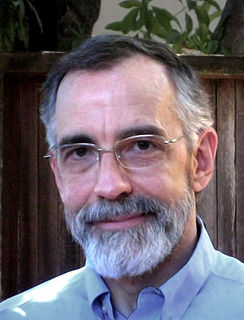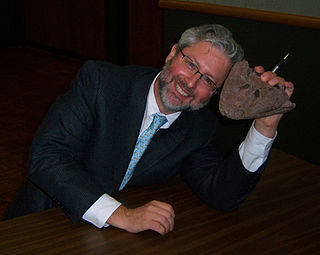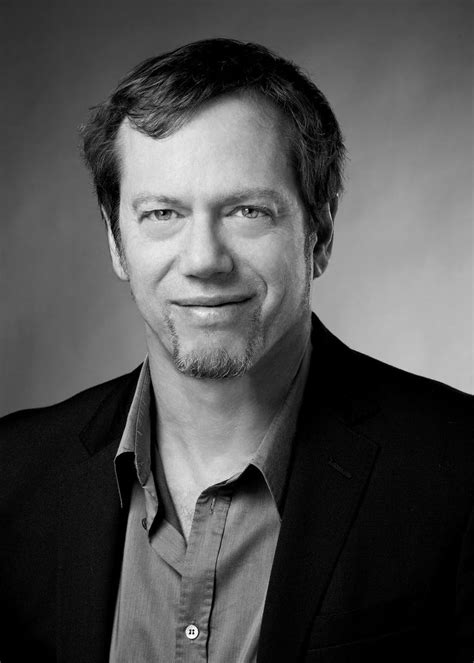A Quote by Scott Gottlieb
Biologics must be grown in living systems - fermented, for example, in large vats of bacteria cells. This makes them hard to replicate. For decades, biologics weren't subject to competition from copycat generic medicines, even once patents and exclusivities had lapsed on originals.
Related Quotes
Getting a traditional pharmaceutical to the market can cost a billion dollars or more. Newer, more tailored and targeted drugs called biologics are even more complex and expensive. Simple economics dictates that companies and venture funds will invest more in products that can generate a sufficient return.
We divorced ourselves from the materials of the earth, the rock, the wood, the iron ore; we looked to new materials which were cooked in vats, long complex derivatives of urine which we called plastic. They had no odor of the living, ... their touch was alien to nature. ... [They proliferated] like the matastases of cancer cells.
Plants with leaves no more efficient than today's solar cells could out-compete real plants, crowding the biosphere with an inedible foliage. Tough omnivorous bacteria could out-compete real bacteria: They could spread like blowing pollen, replicate swiftly, and reduce the biosphere to dust in a matter of days. Dangerous replicators could easily be too tough, small, and rapidly spreading to stop - at least if we make no preparation. We have trouble enough controlling viruses and fruit flies.
When the finely tuned balance among the different parts of bodies breaks down, the individual creature can die. A cancerous tumor, for example, is born when one batch of cells no longer cooperates with others. By dividing endlessly, or by failing to die properly, these cells can destroy the necessary balance that makes a living individual person. Cancers break the rules that allow cells to cooperate with one another. Like bullies who break cooperative societies, cancers behave in their own best interest until they kill their larger community, the human body.
Nature is flexible and resilient. Nature likes redundancy and dispersion. It is approximate and deals in gradients. All boundaries are permeable. Nature nests small systems like molecules within larger systems like cells, which in turn are nested in systems called organs, organisms, ecosystems. We grew from ancient one-celled ancestors. Nature likes mergers: we contain multitudes of other life forms within us. We stand at the crest of four billion years, bacteria molded into wondrous form, burning with a slow fire and about to take the next step.
The Three of them were beautiful, in the way all girls of that age are beautiful. It can't be helped, that sort of beauty, nor can it be conserved; it's a freshness, a plumpness of the cells, that's unearned and temporary, and that nothing can replicate. None of them was satisfied with it, however; already they were making attempts to alter themselves into some impossible, imaginary mould, plucking and pencilling away at their faces. I didn't blame them, having done the same once myself.































